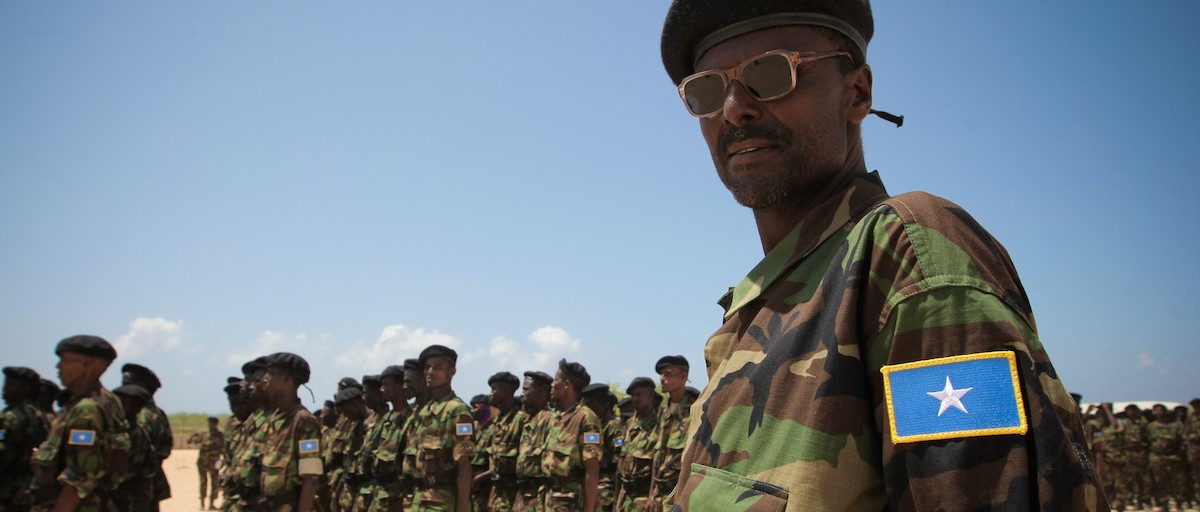—————————————————————————————————————————————————————————–
Diplomatic and security challenges in the Horn of Africa threaten AMISOM’s capability in Somalia
——————————————————————————————————————————————————————————
15 Dec 2020
Bby Institute for Security Studies
Kenya and Ethiopia have been key allies in Somalia’s peace and security matters for over a decade, especially in the fight against terror groups such as al-Shabaab. Besides their bilateral engagements, both countries are major troop-contributors to the African Union Mission in Somalia (AMISOM).
However their alliance has weakened recently due to their differences in political views, diplomatic relations and security problems. Kenya’s diplomatic ties with Somalia are challenging Nairobi’s role in the country, while Ethiopia’s focus on Somalia seems to be shifting to the war in Tigray.
Both issues threaten the operational capabilities and effectiveness of AMISOM in implementing its mandate. This could give al-Shabaab the chance to boost its activities in Somalia and beyond.
ADVERTISEMENT

Somalia became a failed state due to a protracted civil war after the demise of president Siad Barre, a dictatorial ruler, in 1991. AMISOM has been supporting Somalia’s transition to restoring a state presence for over 13 years. Its current mandate includes supporting Somalia’s government in building the capacity of security forces and disrupting and degrading al-Shabaab and other armed opposition groups.
——————————————————————————————————————————————————————————
AMISOM is a multidimensional peace support operation with nearly 20 000 forces on the ground mainly from Kenya, Ethiopia, Uganda, Burundi and Djibouti. After many years of operation, AMISOM intended to transfer its responsibilities to Somalia’s security forces and leave by the end of 2021. But this plan is facing setbacks. Somalia’s election in early 2021 was seen as a critical stage for implementing the mission’s exit, but poll-related problems could negatively affect the plan.
After an electoral deal was reached in October 2020 between Somalia’s federal government and its member states, key electoral committees were assigned to handle the processes of organising the polls. However the electoral committees’ composition raised controversy, with the 14 presidential contenders largely opposed to the teams.
They say the committees have spies and civil servants loyal to the incumbent President Mohamed Abdullahi Mohamed. The presidential contenders threatened to boycott the elections unless committee membership was reviewed.
Another internal problem that affects AMISOM’s operational effectiveness and its exit plan is tension between the government and its federal member states, especially Jubaland State. Relations deteriorated due to political disagreement over power sharing. While the member states want a semi-autonomous region, the central government wants centralised power.

